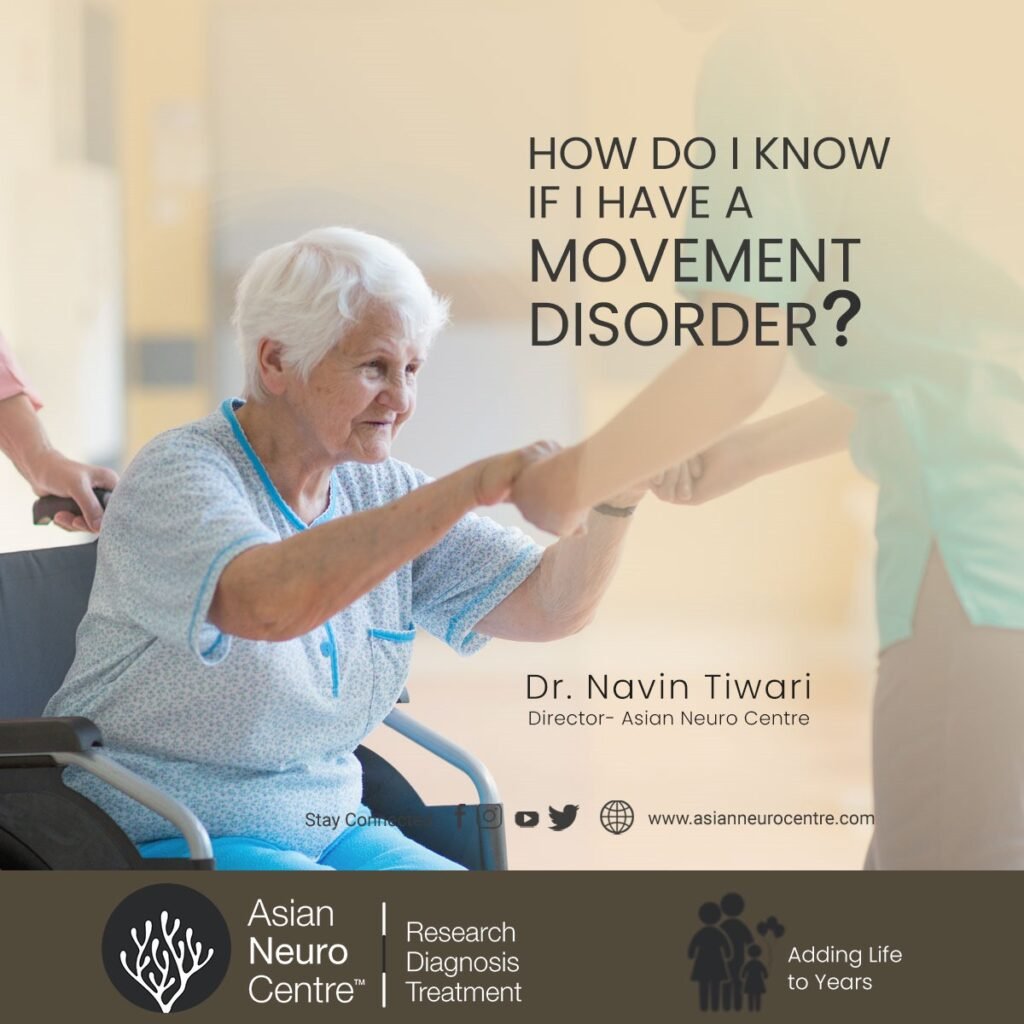- Have any questions?
- 911 12345 29
- info@asianneurocentre.com
How do I know if I have a Movement Disorder? – Asian Neuro Centre
What is the Most Common Movement Disorder? – Asian Neuro Centre
November 8, 2023What is Movement Disorder?, Symptoms, Causes, Treatment & More
November 20, 2023How do I know if I have a Movement Disorder? – Asian Neuro Centre
- best movement disorder specialist
- best movement disorder specialist near me
- Can movement disorders be cured?
- chorea movement disorder
- choreic movement disorder
- choreiform movement disorder
- chronic movement disorder
- congenital mirror movement disorder
- drug induced movement disorder
- duke movement disorder clinic
- dystonia movement disorder
- dystonic movement disorder
- emory movement disorder clinic
- extrapyramidal and movement disorder
- extrapyramidal movement disorder
- functional movement disorder
- functional movement disorder exercises
- functional movement disorder symptoms
- functional movement disorder treatment
- How do I know if I have a Movement Disorder?
- hyperkinetic movement disorder
- icd 10 code for movement disorder
- icd 10 code for periodic limb movement disorder
- icd 10 movement disorder
- icd 10 periodic limb movement disorder
- international parkinson and movement disorder society
- involuntary movements of arms and legs
- iron deficiency periodic limb movement disorder
- joe cocker movement disorder
- limb movement disorder
- list of movement disorders
- mirror movement disorder
- most common movement disorders
- Movement Disorder
- movement disorder center
- movement disorder clinic
- movement disorder clinic near me
- movement disorder doctor
- movement disorder doctors near me
- movement disorder dystonia
- movement disorder fellowship
- movement disorder icd 10
- movement disorder in schizophrenia
- movement disorder neurologist
- movement disorder neurologist near me
- movement disorder parkinson
- movement disorder schizophrenia
- movement disorder society
- movement disorder society 2017
- movement disorder specialist
- movement disorder specialist near me
- movement disorder specialist new jersey
- movement disorder specialist nj
- movement disorder specialist nyc
- movement disorder specialists
- movement disorder symptoms
- movement disorder treatment
- movement disorders journal
- movement disorders list
- movement disorders pdf
- movement disorders ppt
- movement disorders symptoms
- movement disorders treatment
- muscle movement disorder
- my husband has periodic limb movement disorder
- neurological movement disorder
- neurologist movement disorder specialist
- neurologist movement disorder specialist near me
- neurology movement disorder specialist
- parkinson movement disorder
- parkinson's movement disorder
- parkinson's movement disorder specialist near me
- pediatric periodic limb movement disorder
- periodic leg movement disorder
- periodic limb movement disorder
- periodic limb movement disorder icd 10
- periodic limb movement disorder natural treatment
- periodic limb movement disorder symptoms
- periodic limb movement disorder treatment
- periodic limb movement disorder treatment naturally
- periodic limb movement disorder va rating
- periodic limb movement disorder video
- pkd movement disorder
- rapid eye movement disorder
- rare movement disorders
- rem movement disorder
- rhythmic movement disorder
- rhythmic movement disorder autism
- rhythmic movement disorder in adults
- saccadic eye movement disorder
- schizophrenia movement disorder
- sleep movement disorder
- sleep related rhythmic movement disorder
- sleep rhythmic movement disorder
- stereotypic movement disorder
- stereotypic movement disorder treatment
- supplements for periodic limb movement disorder
- swedish movement disorder clinic
- td movement disorder
- texas movement disorder specialists
- ucla movement disorder
- ucla movement disorder clinic
- usf movement disorder clinic
- utsw movement disorder clinic
- vanderbilt movement disorder clinic
- What are the signs of movement disorder?
- what causes movement disorders
- what causes rhythmic movement disorder in adults
- what is a movement disorder
- what is functional movement disorder
- what is movement disorder
- What is Movement Disorder?
- what is periodic limb movement disorder
- What is the Most Common Movement Disorder?
- What is the most common type of movement disorder?
- आंदोलन विकार के लक्षण क्या हैं?
What is Movement Disorder?
Movement disorders affect a person’s ability to move smoothly and easily. These disorders can cause abnormal movements or make it challenging to control movements.
One common example is Parkinson’s disease, where a person may experience tremors, stiffness, and difficulty with balance. Another example is dystonia, which can lead to involuntary muscle contractions and abnormal postures.
These conditions can result from various factors, including genetic issues, injuries, or problems in the brain. Treatment may involve medications, therapy, or in some cases, surgery to help manage symptoms and improve daily functioning.
Working with a doctor to diagnose and create a personalized plan for individuals with movement disorders is essential. Medications, therapy, and sometimes surgery can help. Keep track of your symptoms and don’t hesitate to seek help.

How do I know if I have a Movement Disorder?
- If you notice unusual changes in how your body moves, it’s important to pay attention and seek help. Signs of a movement disorder can include tremors (shaky movements), stiffness, or difficulty controlling your muscles.
- You might also experience problems with balance or coordination. If everyday tasks like walking or picking up objects become challenging, talking to a doctor is a good idea.
- Other signs may involve sudden, jerky movements that you can’t control, or persistent muscle contractions leading to abnormal postures. Pay attention to changes in your daily activities; if you struggle with tasks you used to do easily, it could be a sign of a movement disorder.
- It’s essential to share your concerns with a doctor who can check your symptoms, ask about your medical history, and conduct tests if needed. Keep track of when these changes started and how they affect your daily life.
- Early detection and intervention can make a big difference in managing movement disorders and improving your quality of life.
Dr. Navin Tiwari
Consulting Neurologist
